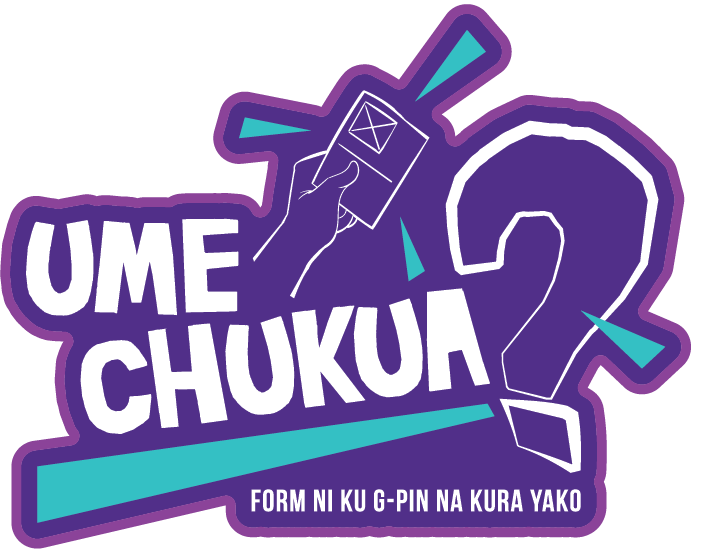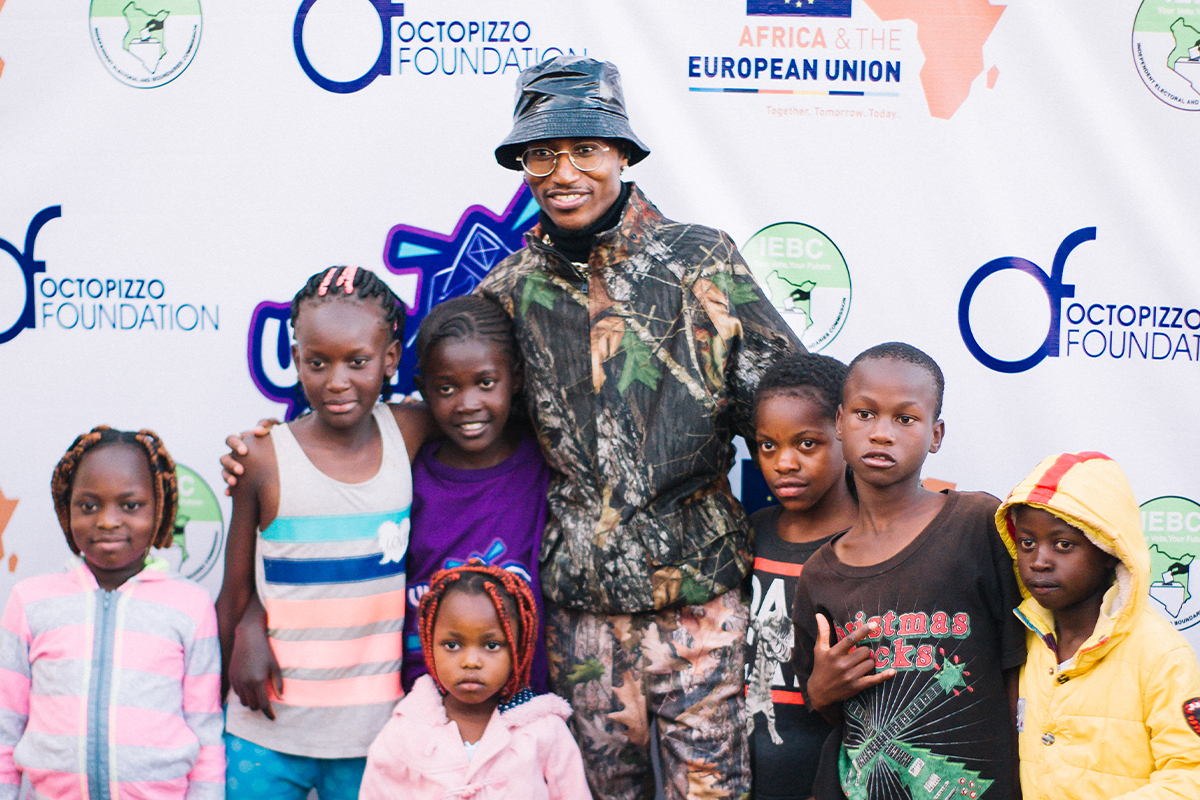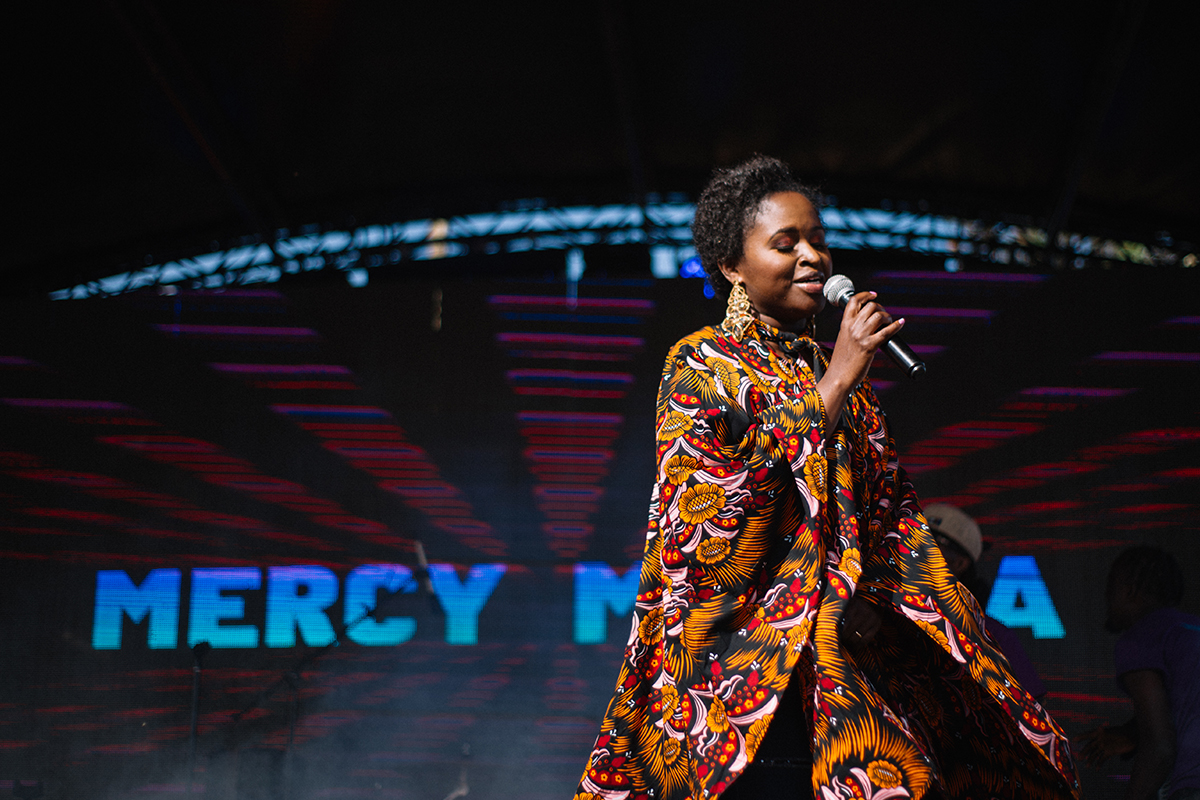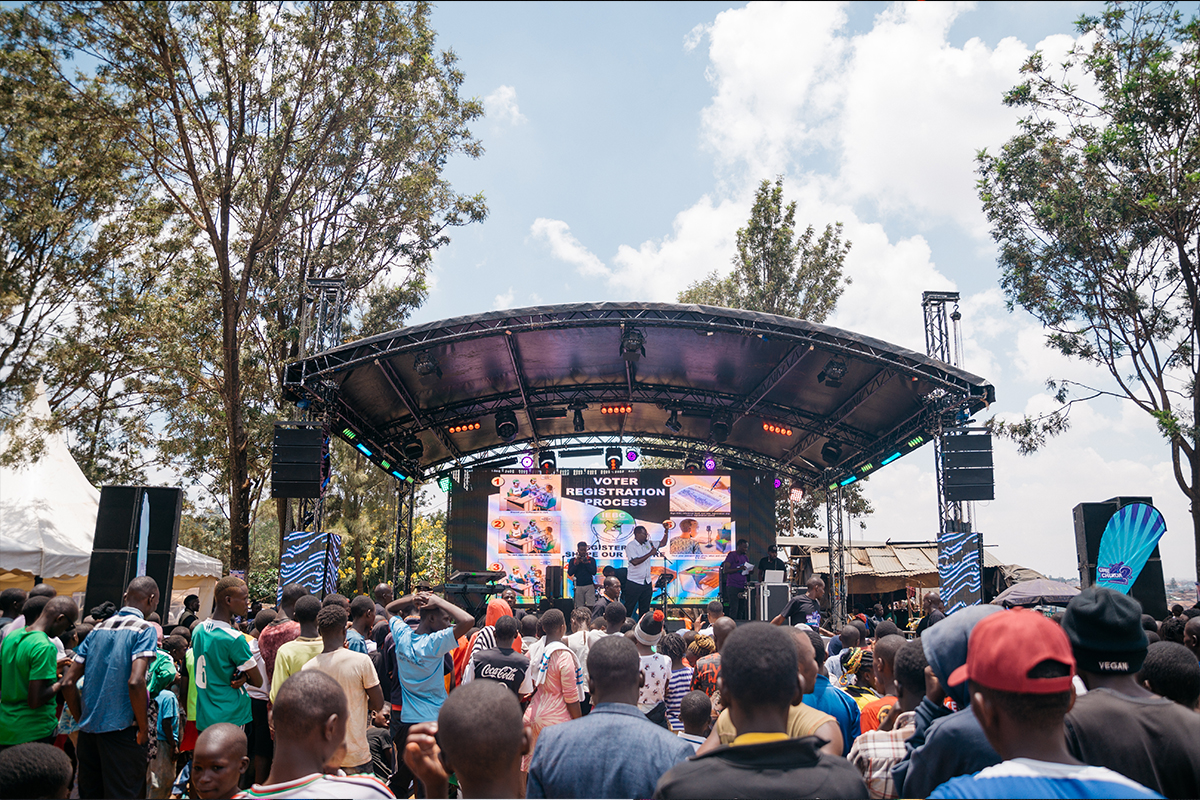When you’ve grown up with nothing, you learn to treasure what you have. You take nothing for granted. Growing up in Kibera, Africa’s biggest slum, you become desensitized to violence and injustice. They are omnipresent. Everyone around you tells you, “this is just how things are”, and “it will never change”. This is what I have fought my entire life.
My story is proof that change is possible. That every Kenyan, regardless of where they are born, can make a better life for themselves. I am fortunate that my music has given me the chance to provide a better a life for my family and, importantly, my community. But too many Kenyans have lost faith in their ability to impact our society and democracy. They feel powerless. They do not believe that they can make a change, but I am here to remind them that they are wrong. That the power to vote is second to none.
Not just a Kenyan experience, voter apathy is a growing problem across all democracies globally. It is broadly understood as a disengagement with politics that leads to lower voter-turnout and a delegitimization of the entire democratic process. A 2016 study from the International Institute for Democracies and Electoral Assistance (International IDEA) finds that the global average voter turnout has decreased significantly since the early 1990s. This trend has coincided with a rise in authoritarianism across the world. With a presidential election scheduled in August this year, Kenya has become the latest country to be facing low voter turnouts.







